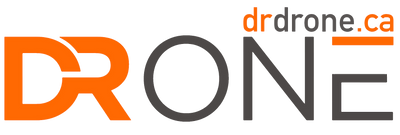- MavicOpen submenu
- MatriceOpen submenu
- PhantomOpen submenu
- DJI FPVOpen submenu
- InspireOpen submenu
- OsmoOpen submenu
- RoninOpen submenu
- ZenmuseOpen submenu
- Robomaster S1
- Ryze Tello
- Open Box Deals
- Parts and AccessoriesOpen submenu
- Autel RoboticsOpen submenu
No results found.
No results found.
No results found.







Edward Habib
Author